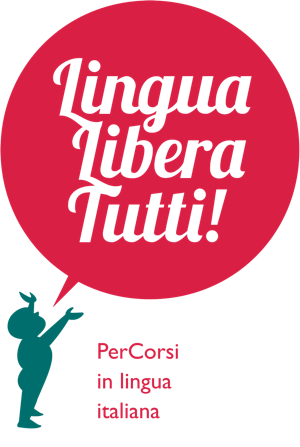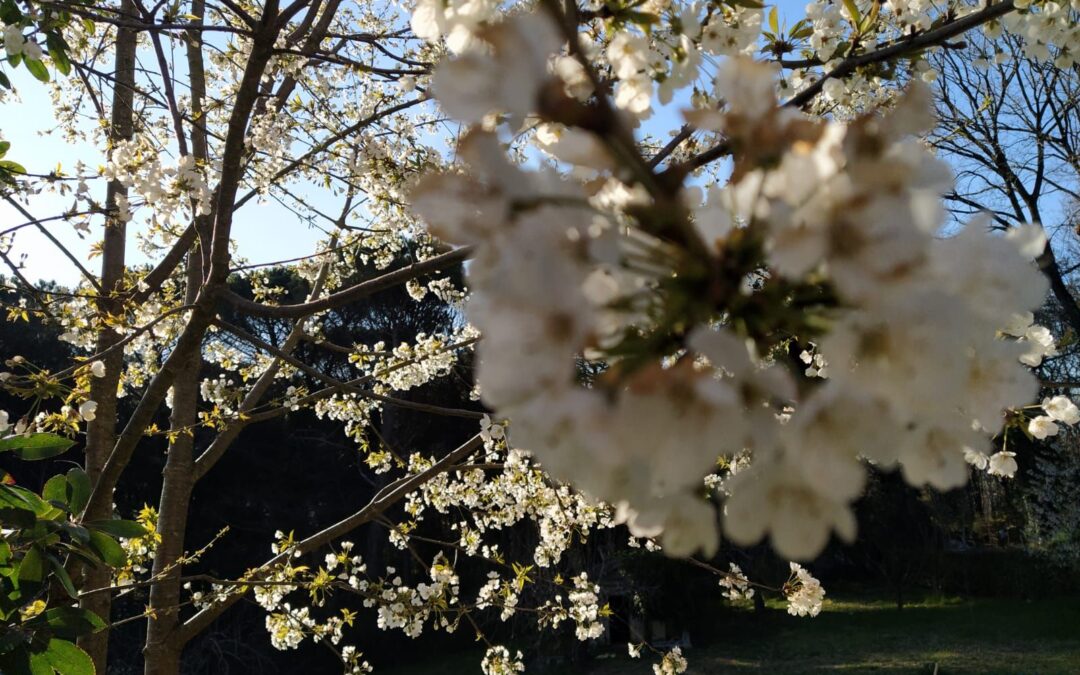Solstices and equinoxes mark the change of seasons. The equinox, from the Latin aequinoctium, marks the first day of spring and autumn when there are twelve hours of light and twelve of darkness on the entire planet.
Often, coinciding with the equinox, there can be a change in the weather, so, even in 2021 it is natural that most of us wonder what March may have in store for us. But by “tempo” we don’t simply mean weather, we also mean more intangible factors such as the signs, shapes and feelings of an era, of a stroll through history.
So it is lovely to think that in 1999 UNESCO declared 21 March, the first day of spring, World Poetry Day.
It may seem trivial to claim that poetry is able to surpass boundaries, yet it is true. It knows how to bring together, to single out, to find the words that tell us the first moment something comes to life at the very moment it happens. And that is admirable.
Languages, differences, exchanges: everything becomes unexpected and new when a poem strikes us and opens a new world to us. One could also maintain that poetry is always relevant because it represents the pinnacle of hope of both individuals and peoples.
Perugia is home to a woman, Anna Maria Farabbi, an outstanding poet whose works have been published for many years, including by major publishing houses. To celebrate her as well as World Poetry Day, we have chosen one of her poems taken from a prestigious collection, l’Almanacco dello specchio, Mondadori, 2010-2011. It is called diario di un’analfabeta (diary of an illiterate) and goes like this:
Io non so scrivere bene ma ho bisogno di leggere
la polpa del mondo
e di sentire il corpo delle lingue
nelle creature quando cantano. Come
i polmoni eseguono le punteggiature
vivendo il ritmo.
Io non so firmare
imprimo la mia impronta digitale
nella creta profonda. Un attimo dopo
il vento mi cancella
e diffonde la mia spirale.

